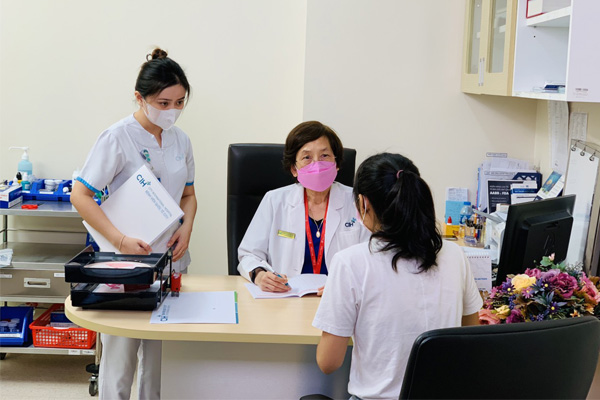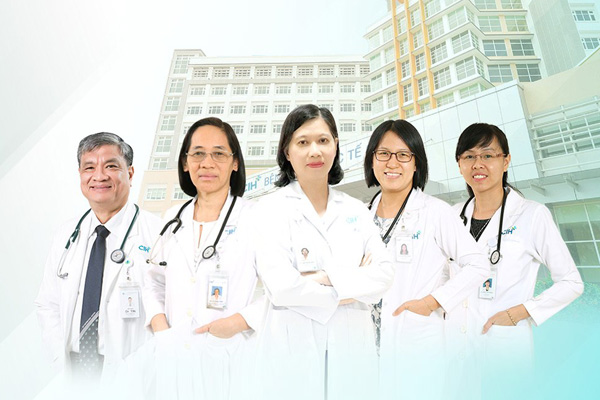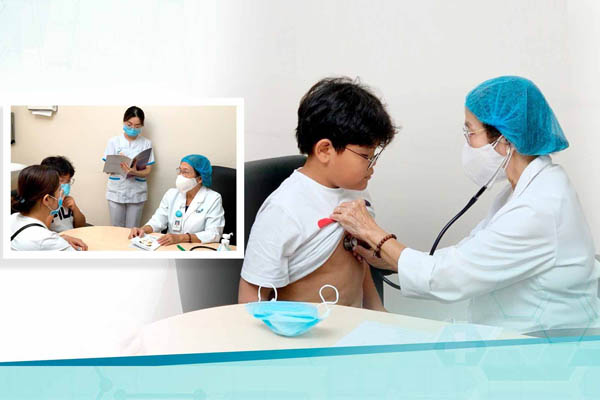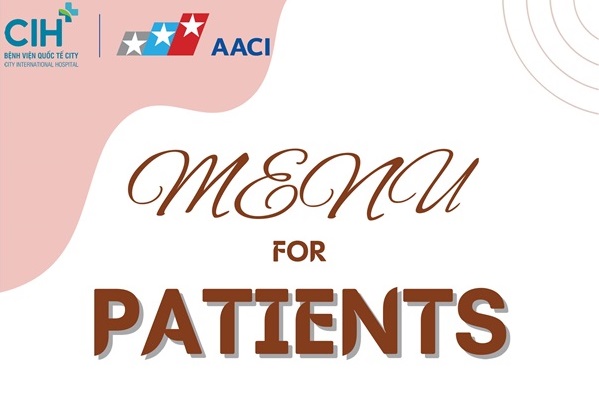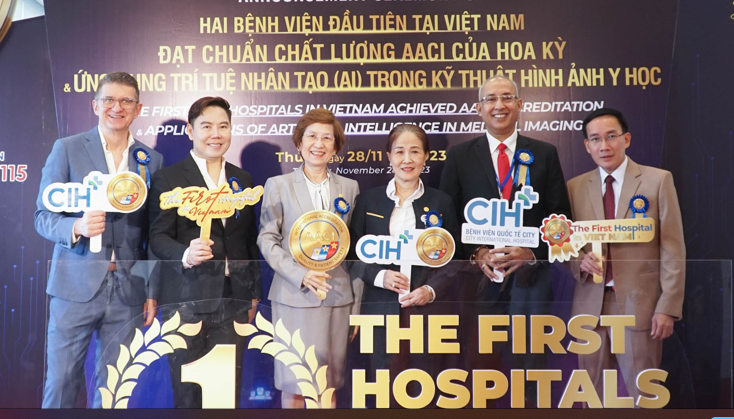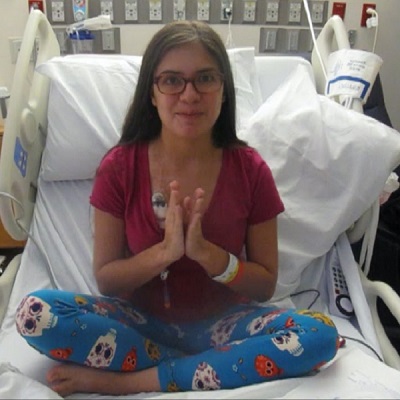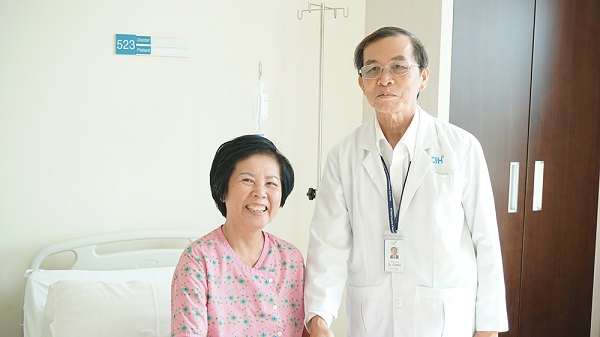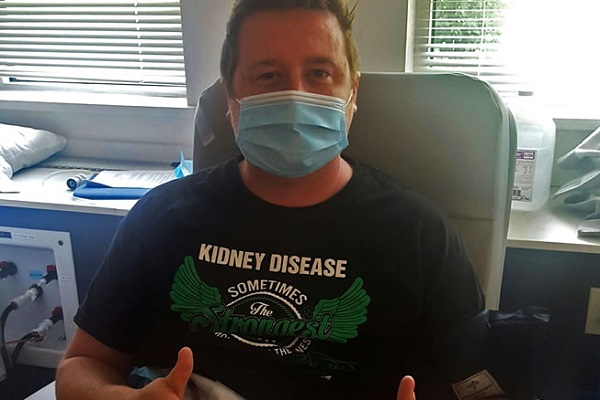Cancer in any part of the body can be a scary thought. But did you know that you may still get lung cancer even if you do not smoke? As a matter of fact, a staggering 20% of people diagnosed with lung cancer have never smoked in their lives. In fact, a lot of people with lung cancer are detected at an advanced stage where a cure is no longer a possibility.
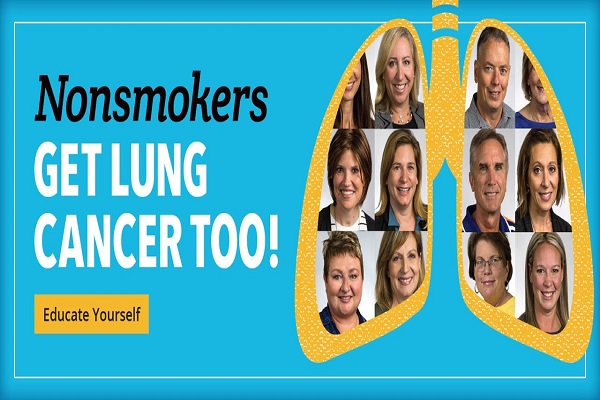
There was a report in the Journal of the Royal Society of Medicine where cancer experts have set off alarm bells by stating the growing number of non-smokers who are being diagnosed with lung cancer in recent years. Scientists participating in the research reviewed a 30-year-old follow-up the American Cancer Society’s Cancer Prevention Study where a sample size of 1.2 million participants was included. This research found a trend of lung cancer patients amongst non-smokers were increasing at an alarming pace.
Even though we all know that smoking is probably the single most factor behind lung cancer, the American Cancer Society estimates that 1 in every 5 individuals who have developed lung cancer are non-smokers. There’s no definitive answer as to why non-smokers develop lung cancer. However, there are several major risk factors outside of cigarette smoking associated with lung cancer.
1. Second-hand Smoke
Non-smokers who are diagnosed with lung cancer may be a result of exposure to other smokers. Be it indoors or outdoors, second-hand smoking does not really have any safety levels of exposure.
The biggest cancer-causing factors through second-hand or passive smoking is the hundreds of toxic chemicals. In effect, almost seventy of these toxic chemicals can potentially result in cancer in individuals.
This brings us to the point that this could also be the most critical factor in preventing lung cancer in non-smokers. Cancer doctors are of the view that smoking cessation programs do not just save the lives of those who smoke. They also have immense value in terms of curbing passive or second-hand smoking too. Putting such programs in place will bring down lung cancer numbers significantly both among smokers and non-smokers alike.
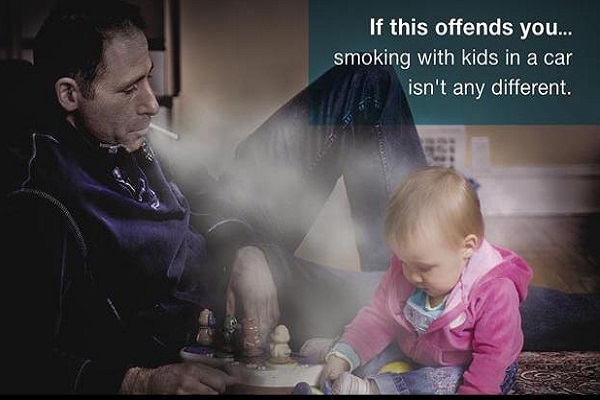
2. Radon Is A Silent Killer
While keeping smoking on a back burner is definitely the most important method of preventing lung cancer from developing, but it is not the only way. What many do not know that the second leading cause of lung cancer is exposure to radon.
Radon exposure is ubiquitous in soil, so there’s a greater incidence of exposure to radon by those who work underground and people whose homes have basements. The really dangerous bit is this. Radon is a substance that naturally develops in the soil. It has traces of uranium which is not possible to detect even by smell or sight. Radon in due course of time can get trapped in lower level buildings. These elements produced when the radon decays bare lung cells to radioactive particles. This can cause DNA damage that can ultimately develop into lung cancer.
It’s important to also consider radiation to the chest to treat another cancer. And having a family history of lung cancer is another significant risk factor.
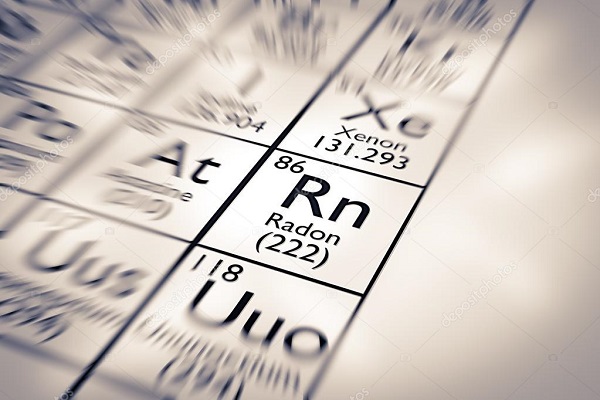
3. Other Causes of Lung Cancer
Apart from smoking and radon, breathing in any form of hazardous substances over a significant period of time can result in developing lung cancer too. For example, mesothelioma is a type of lung cancer that is caused due to exposure to asbestos.
Other substances that can cause lung cancer are:
- Arsenic
- Cadmium
- Chromium
- Nickel
- Some Petroleum Products
- Uranium
The risk of lung cancer increases if there is a history of inherited genetic mutations within the family. This is true if you smoke or are unprotected from other carcinogens.
At times, there is no obvious cause for lung cancer.
Symptoms of Lung Cancer
Symptoms of both non-small cell lung cancer and small cell lung cancer are more or less similar.
Early lung cancer symptoms may include:
- Persistent or deteriorating cough
- Coughing up phlegm or blood
- Pain in the chest that aggravates when you breathe deeply, laugh, or cough
- croakiness
- Having difficulty breathing
- Wheezing
- Faintness and exhaustion
- Loss of appetite
- Unusual weight loss without any plausible reason
You may also experience intermittent respiratory infections, for example, pneumonia or bronchitis.
If the lung cancer has spread to other parts of the body, you may undergo these additional symptoms if malignant tumors are forming:
- lymph nodes: lumps, particularly in the neck or collarbone
- bones: bone pain, particularly in the back, ribs, or hips
- brain or spine: headache, dizziness, balance issues, or numbness in arms or legs
- liver: yellowing of skin and eyes (jaundice)
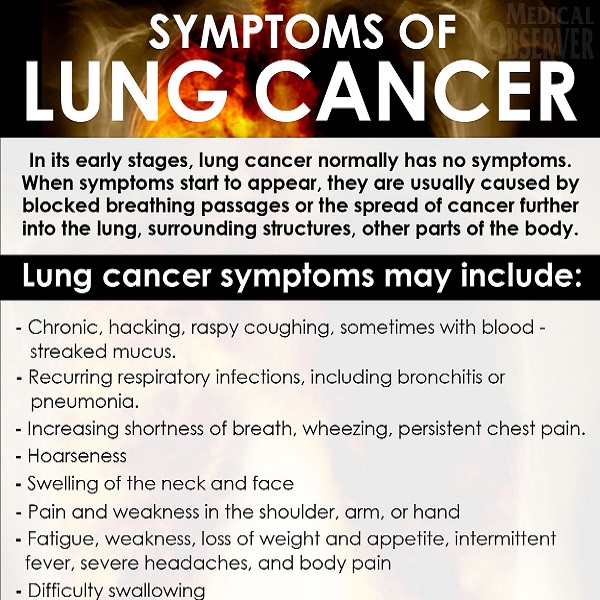
Treating Lung Cancer
Your specialist will collaborate with experts in disciplines such as oncology, pathology, pulmonology, radiology, thoracic surgery to make an accurate diagnosis and subsequently make recommendations for a treatment route.
Your lung cancer treatment may be a combination of surgical therapy, radiation therapy, chemotherapy, radiosurgery, targeted drug therapy, and immunotherapy.
Other factors that will also be taken into consideration is your overall health, the type of cancer and keeping a note of your preferences too. While it may be a difficult decision to make, the final say is yours.
Am I at risk?
Risk factors may increase your likelihood of developing lung cancer, although some people that develop lung cancer do not have any risk factors. People with all of the risk factors may never develop the disease; however, the chance of developing lung cancer increases with the more risk factors you have. You should tell your doctor about your risk factors and discuss your concerns.
Risk factors for lung cancer:
- Cigarette smoking causes the majority of lung cancer. Smoking pipe tobacco or cigars also can contribute to lung cancer. However, people that have never smoked may develop lung cancer.
- Inhaling second-hand smoke from others increases your risk of lung cancer.
- Exposure to high levels of air pollution increases the risk of lung cancer.
- High levels of arsenic in drinking water are associated with lung cancer.
- Radon gas in homes or businesses can cause lung cancer.
- You have a greater risk for lung cancer if your family members have had lung cancer.
- Lung scarring from chronic emphysema, bronchitis, and other conditions can raise the risk of lung cancer.
- Exposure at your job to cancer-causing substances, such as asbestos, uranium, arsenic, and certain petroleum products, increases the risk of developing lung cancer. People that are exposed to such products and smoke have even a greater risk.
- Radiation therapy to the lungs can increase the risk of lung cancer.
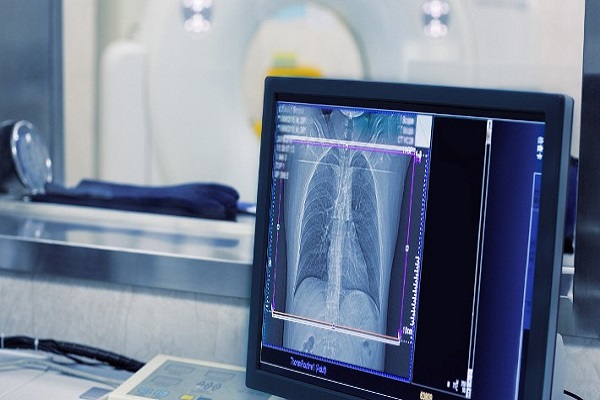
Screening for Lung Diseases and Cancer
For more information on lung cancer screening, visit: https://cih.com.vn/en/internal-surgical-medicine/1797-lung-cancer-screening-and-prevention.html
Check out our different Screening Packages for different needs
For appointment or screening service consultation, please contact:
- Ms. Võ Thị Mỹ Liên: (8428) 6280 3333, ext. 8424
- Ms. Nguyễn Thị Lệ: (8428) 6280 3333, ext. 8402
For appointment or more information about the services provided, please contact City International Hospital
- Operator: (8428) 6280 3333, ext. 0
- Address: Level 3, No. 3, 17A Street, Binh Tri Dong B Ward, Binh Tan Dist. (Next to AEON Mall Binh Tan). Ho Chi Minh City.
- Website: https://cih.com.vn/en/













